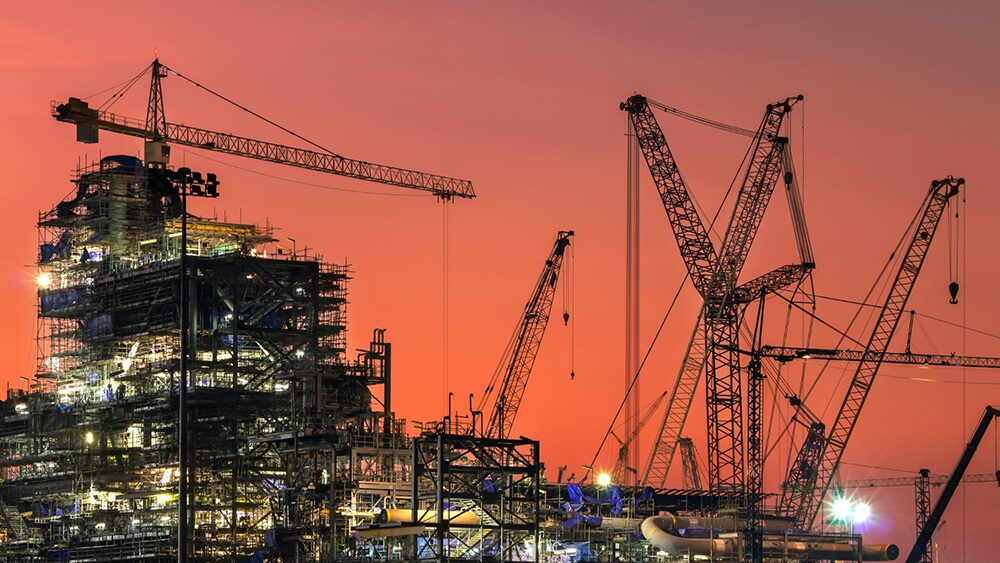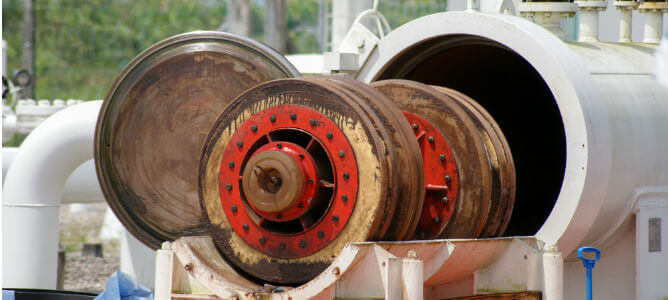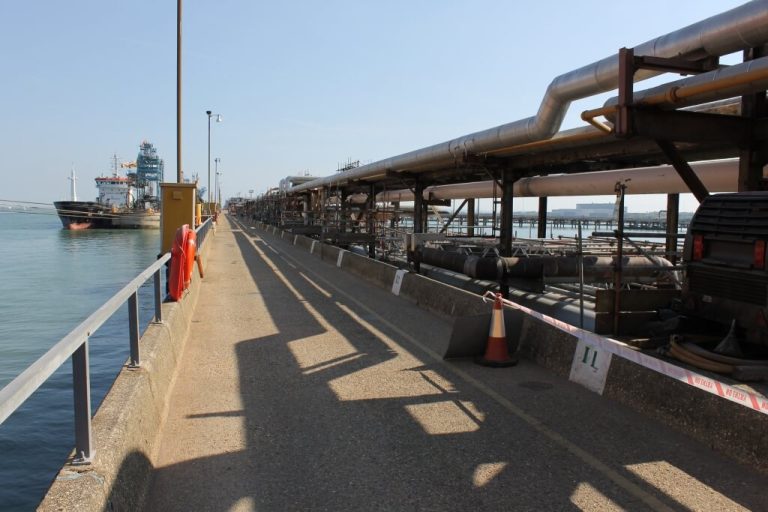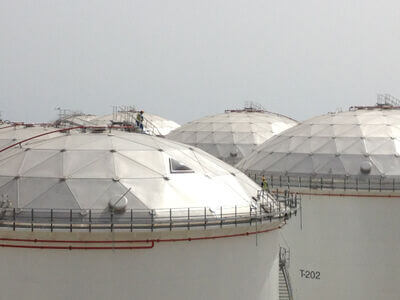Overview
The Oil & Gas Engineering, Procurement, and Construction (EPC) sector in the Middle East and North Africa (MENA) region is poised for significant transformation. Driven by evolving market dynamics, technological advancements, and geopolitical considerations, future developments in this sector will shape the region’s energy landscape and its role in the global oil and gas industry.
Technological Innovations
- Digitalization and Automation: The integration of advanced digital technologies such as Artificial Intelligence (AI), Internet of Things (IoT), and Big Data analytics is revolutionizing EPC projects. These technologies enable real-time monitoring, predictive maintenance, and optimized operations, leading to improved efficiency and cost-effectiveness. Digital twins, which create virtual replicas of physical assets, are increasingly used for simulation and risk management.
- Decarbonization Technologies: In response to global climate goals, MENA EPC projects are incorporating carbon capture and storage (CCS) technologies, as well as focusing on the development of low-carbon energy solutions. Hydrogen production, particularly blue hydrogen, is gaining traction as a future fuel source, leveraging existing natural gas infrastructure.
- Modularization and Prefabrication: To address challenges related to project timelines and costs, modularization and prefabrication are becoming more prevalent. These methods involve constructing components off-site in controlled environments, which can then be assembled on-site, reducing construction time and minimizing risks associated with on-site assembly.
Market Dynamics
- Increased Focus on Sustainability: There is a growing emphasis on sustainability in EPC projects, driven by both regulatory pressures and corporate social responsibility goals. Projects are increasingly required to adhere to stringent environmental regulations and incorporate sustainable practices throughout the lifecycle.
- Geopolitical Influences: Regional political and economic stability, along with international trade policies, will continue to impact EPC projects. The MENA region’s strategic importance and its vast hydrocarbon resources make it a focal point for international investments and collaborations, influencing project financing and execution.
- Shift Towards Gas and Renewables: While oil remains a key focus, there is a notable shift towards natural gas and renewable energy projects. Gas projects are seen as a bridge fuel in the transition to cleaner energy, while investments in solar and wind energy are expanding, aligning with global energy transition goals.
Challenges and Opportunities
- Skill Shortages and Workforce Development: The EPC sector faces challenges related to skill shortages and the need for workforce upskilling. Investing in training programs and attracting new talent is crucial to address these challenges and support the sector’s growth.
- Project Financing and Investment: Access to financing and investment remains a critical factor for EPC projects. Innovative financing models, including public-private partnerships and green bonds, are emerging to support large-scale projects and facilitate the transition to sustainable energy solutions.
- Risk Management and Resilience: EPC projects must navigate risks associated with geopolitical tensions, fluctuating commodity prices, and environmental challenges. Enhancing risk management strategies and building resilient project frameworks are essential to mitigate these risks and ensure successful project execution.
Conclusion
The future of Oil & Gas EPC projects in MENA is characterized by rapid technological advancements, a shift towards sustainability, and evolving market dynamics. Embracing digitalization, modularization, and decarbonization technologies will be crucial for staying competitive and meeting both regional and global energy demands. As the industry adapts to these changes, it will continue to play a pivotal role in shaping the region’s energy future while addressing emerging challenges and opportunities.




